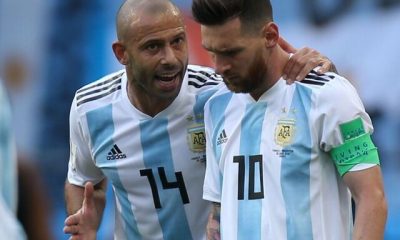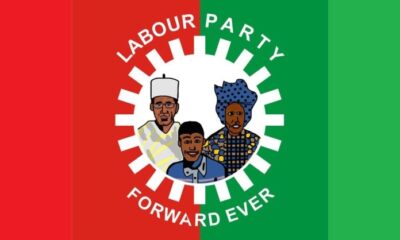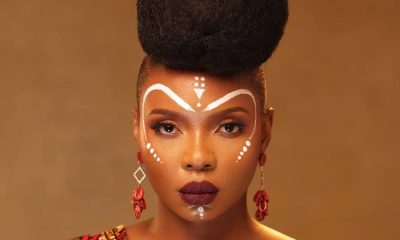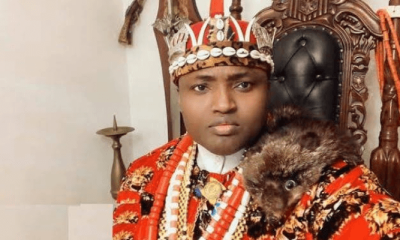Politics
Electoral Act: Buhari Scores Own Goal With Assist from PDP
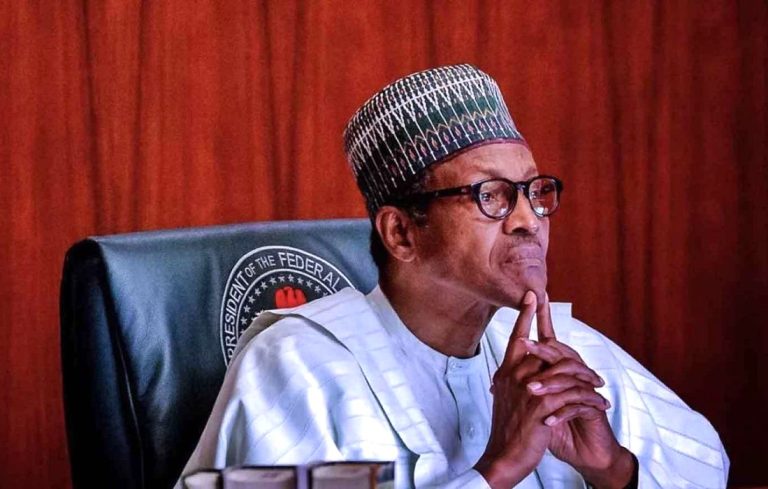
When President Muhammadu Buhari confessed his rebirth as a democrat on account of the implosion of the former Soviet Union, he took practical steps to advance his new philosophy in the electoral process.
One of the actions he took was to seek power using the democratic space.
It was in commitment to his vow towards upholding the democratic culture that he contested four successive times for the presidency of the country between 2003 and 2015.
Remarkably, along the way, while he was contesting, the democratic space continued to improve until he scored the unique record of becoming the first person to unseat an incumbent president in an election in the country.
That success undoubtedly was achieved after his predecessor took the unique step of enthroning a culture of probity in the electoral system.
Crucial steps taken by President Goodluck Jonathan included the appointment of independent-minded persons into the Independent National Electoral Commission, INEC.
Your correspondent can boldly assert that the late environmental activist, Oronto Douglas who was a key player in the Jonathan government was crucial to this.
Through Douglas, contacts were made with civil society leading to the appointment of some of the leading lights in civil society into the commission, the notable being Mike Igini and Prof. Attahiru Jega.
The Jega led commission enthroned significant reforms including the card reader and other measures that everyone agrees helped Buhari to assert his claim to the plurality of votes in the 2015 election.
However, the progressive electoral reforms appeared to have dimmed since President Jonathan’s exit. Instead, was a retraction of the reforms.
The very first error by President Buhari in advancing the electoral process was the appointment of his niece, Amina Zakari as acting chairman of the commission within weeks of his inauguration. That appointment followed the exit of Prof. Jega as the substantive chairman of the commission.
Following that was the appointment of Prof. Mahmood Yakubu as chairman of the commission. It was the first time that a sitting president of Nigeria would appoint his tribesman as chairman of the electoral commission.
Every other Nigerian leader since 1960 had appointed a chairman of the electoral commission from outside his ethnic affiliation.
Further, for whatever reason, the government turned electoral reforms to theatrics in 2018. Fundamental moves to give legal backing to the use of the card reader and other measures to enhance the conduct of elections were rebuffed thrice in 2018 when President Buhari vetoed the Electoral Act Amendment Bill.
At one time the president complained about grammatical and punctuation errors in the bill. After the errors were taken care of, the final reason was that it was too close to the election.
It is as such shocking that as the President prepares to leave a legacy that he has now rebuffed moves to enthrone a new Electoral Act to enhance our electoral system.
Shockingly, the president cited insecurity as one of the reasons for objecting to the use of the direct primaries in the selection of political party candidates. One would ask, is it not the responsibility of the government to provide security for all? The president has by that assertion scored an own goal in admitting that his government has failed to provide security for the country.
The second own goal scored by the president was in objecting to the same system that produced him in 2018 as the candidate of the All Progressives Congress, APC. If it was good enough for him then, why not leave it for posterity.
Of course, it is a fact that direct primaries is not perfect. But for the advocates, it is the beginning of the process of cleansing the electoral system and the hope for many of us is that it would get better along the way.
The indirect system favoured by many governors and the Peoples Democratic Party, PDP is itself laced with corruption from the roots through the stem to the flowers. A system in which the highest bidder becomes candidate cannot be said to be democratic.
It is also a lie to cite cost as a reason to object to direct primaries. Besides the bribes paid, the cost of organizing indirect primaries is far more expensive than the direct primaries.
Using the direct primaries, party members congregate in the ward and vote at once for a candidate or candidates from House of Assembly to the presidency and the results are transmitted from the ward level and collated at various levels to determine the winner.
In a governorship primary, for example, all the party members congregate and vote at the wards and the results are collated and whoever has the highest number of votes across the state becomes candidate subject to spread.
However, in the indirect primary ward delegates are chosen at the ward level election, and subsequently, the same elected delegates go on to the Local Government Area and then the state level; a three-step process to produce governorship candidate.
It is shocking that President Buhari has pandered to the voice of those who want a continuation of the same electoral system he had in the past abhorred as canvassed in the PDP. It is no surprise given the abundance of those men that once abhorred him now partnering with him in his government.
It is a shock for many that for a president waiting to leave a legacy that he would allow himself to kowtow to the corrupt principles of the PDP, a party he once loved to hate.
Send Us A Press Statement Advertise With Us Contact Us
And For More Nigerian News Visit GWG.NG



